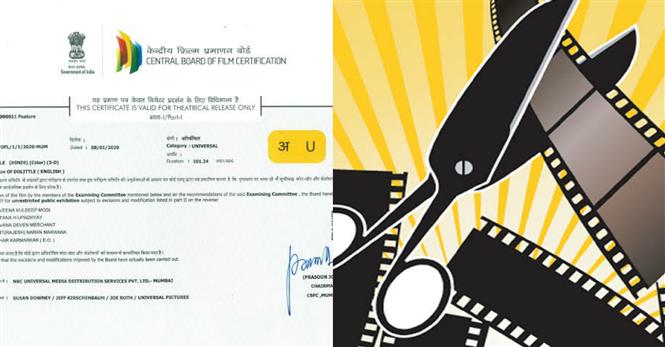From 1983 until April 4, 2021 filmmakers in India could go to the Film Certification Appellate Tribunal (FCAT) in case they were not happy with the way their film was censored or refused to be censored by the Central Board of Film Certification aka the CBFC.
However the central government has now abolished FCAT, with immediate effect and film producers throughout the country will now have to approach the High Court for redressal of their grievances.
This means that the current scenario of films facing multiple hindrances like from CBFC, political parties or religious denominations, can be rest assured of vested/conflict of interests in their appeal.
It is worth mentioning here that the instant ordinance to dissolve the existing appellate bodies i.e. Tribunals Reforms (Rationalization and Conditions of Service) Ordinance, 2021, was applied in accordance with the the Supreme Court's order last year in the Madras bar Association case. The SC had stated in its judgement back then,
"Dispensation of justice by the Tribunals can be effective only when they function independently of any executive control..We have noticed a disturbing trend of the Government not implementing the directions issued by this Court.
...forcing the Petitioner (Madras bar association) to approach this Court time and again. It is high time that we put an end to this practice."
The process of rationalization of tribunals in India has been happening since 2015 and besides the Cinematograph Act under which FCAT was abolished, the current streamlining has made changes to Copyright Act, Customs Act, Patents Act, Airports Authority of India Act, Trade Marks Act, Geographical Indications of Goods (registration and protection) Act, Protection of Plant Varieties and Farmers Rights Act, Control of National Highways (land and traffic) Act, and Finance Act.
